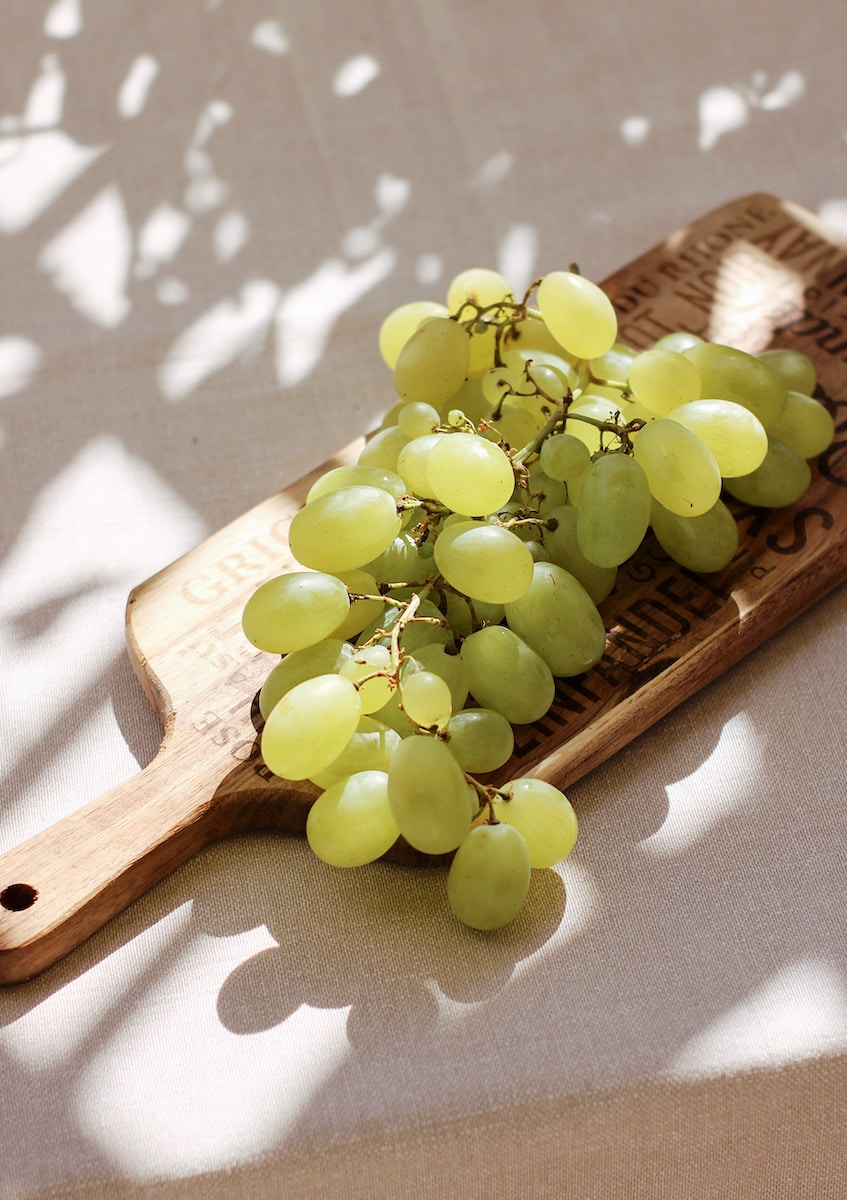When battling cancer, maintaining a balanced and nutritious diet is crucial to support your body’s immune system and overall well-being. While medical treatments take center stage, the role of nutrition should not be underestimated. Incorporating fruits into your diet can be particularly beneficial during cancer treatment due to their rich array of vitamins, minerals, and antioxidants. In this article, we will explore the nine healthiest fruits to consume while undergoing cancer treatment.
Why Nutrition Matters During Cancer Treatment
Nutrition plays a pivotal role in cancer patients’ journeys. It helps manage side effects, maintain strength, and support the immune system. Fruits are an essential part of this nutrition plan.
The Role of Fruits in Cancer-Fighting Diets
Fruits offer a plethora of health benefits during cancer treatment. They are packed with vitamins, minerals, and antioxidants that aid in reducing inflammation, strengthening the immune system, and promoting overall wellness.
Blueberries: Nature’s Antioxidant Powerhouse
Blueberries are loaded with antioxidants, particularly anthocyanins, which may help protect cells from damage. They are also high in fiber, aiding digestion.
Oranges: A Citrus Burst of Vitamin C
Oranges are renowned for their high vitamin C content, crucial for collagen production, immune function, and wound healing. They provide a refreshing taste, especially during treatment.
Avocado: Healthy Fats for Energy
Avocado’s healthy fats provide a calorie-dense option for patients experiencing weight loss. They also offer a creamy texture that can be soothing for a sore throat.
Pineapple: Bromelain and Its Healing Properties
Pineapple contains bromelain, an enzyme with anti-inflammatory and digestive properties. It can help alleviate digestive discomfort and reduce swelling.
Pomegranate: A Source of Anti-Inflammatory Compounds
Pomegranates are rich in polyphenols, known for their anti-inflammatory properties. They may help manage inflammation and improve overall health.
Mangoes: Boosting Immunity with Vitamin A
Mangoes are a fantastic source of vitamin A, crucial for immune health. They provide a tropical flair to your diet, making it more enjoyable.
Kiwi: A Tangy Source of Vitamin K and Fiber
Kiwi is packed with vitamin K, essential for blood clotting, and dietary fiber, aiding digestion. Its tangy taste can be a refreshing change.
Strawberries: Rich in Ellagic Acid
Strawberries contain ellagic acid, which has been studied for its potential anti-cancer properties. They are also rich in vitamin C and fiber.
Bananas: Easing Digestive Discomfort
Bananas are gentle on the stomach and can help ease digestive discomfort, such as nausea or diarrhea, common during treatment.
Grapes: Resveratrol for Heart Health
Grapes contain resveratrol, known for its heart-protective benefits. It’s a small snack that packs a punch of antioxidants.
Apples: Fiber and Phytochemicals
Apples are high in fiber and contain various phytochemicals that may have cancer-fighting properties. An apple a day can indeed keep the doctor away.
Cherries: Natural Pain Relief
Cherries contain compounds that may help reduce inflammation and provide natural pain relief, which can be beneficial for cancer patients.
Conclusion: Your Cancer-Fighting Fruit Basket
Incorporating these nine fruits into your diet can be a delicious and nutritious way to support your body during cancer treatment. Remember to consult with your healthcare team before making significant dietary changes. Every individual’s needs are unique, and they can provide guidance tailored to your specific situation.
FAQs
- Can I eat these fruits during chemotherapy?
- Yes, many of these fruits are gentle on the stomach and can be consumed during chemotherapy. However, it’s essential to consult with your oncologist for personalized recommendations.
- Are there any fruits I should avoid during cancer treatment?
- Some fruits may interact with certain medications or exacerbate specific side effects. Always check with your healthcare provider before adding new foods to your diet.
- Can fruits alone cure cancer?
- Fruits are a valuable part of a cancer-fighting diet, but they should be part of a comprehensive treatment plan prescribed by medical professionals.
- How can I incorporate these fruits into my daily meals?
- You can enjoy these fruits as snacks, in smoothies, or as part of your meals. Experiment with different recipes to find what works best for you.
- Is organic fruit better for cancer patients?
- Organic fruits may have fewer pesticide residues, but both organic and conventionally grown fruits can be part of a healthy diet for cancer patients.
Remember, your journey through cancer treatment is unique, and your healthcare team is your best resource for dietary guidance and support.

